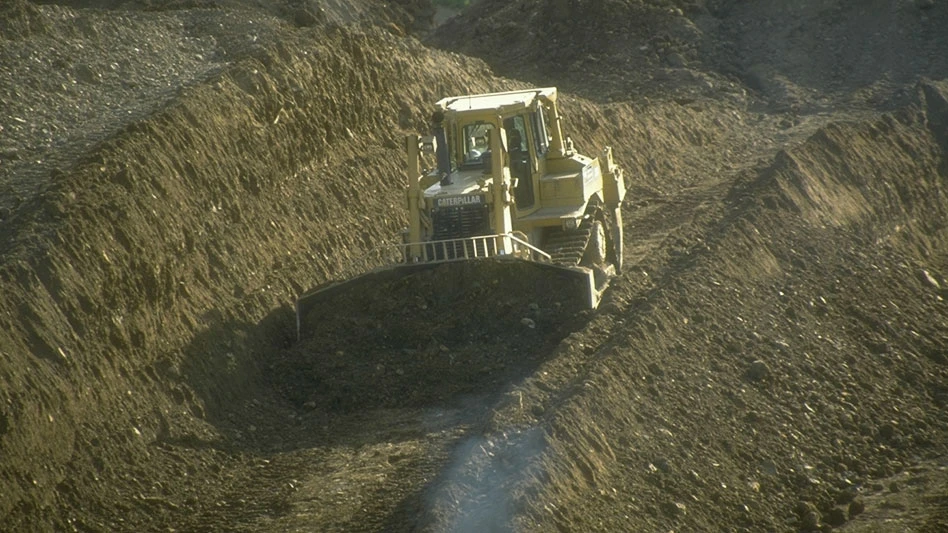The U.S. Environmental Protection Agency (EPA) announced May 13 it is continuing its focus on taking action to address polyfluoroalkyl substances (PFAS) and protect public health. Building on the work outlined in its February 2019 PFAS Action Plan, the agency announced it is expanding its research efforts and capabilities by launching its PFAS Innovative Treatment Team (PITT).
"Our researchers are at the forefront of addressing PFAS issues to protect our nation’s communities,” EPA Administrator Andrew Wheeler says. “Our world-class scientists are continuing their work under the PFAS Action Plan to understand and identify the potential health risks associated with these emerging chemicals of concern. This new approach will allow the agency to expand its efforts to develop innovative techniques to test for, remove and destroy PFAS.”
The PITT brings together a full-time, multidisciplined research staff that will concentrate its efforts on how to remove, destroy and test PFAS-contaminated media and waste. Using lean organizational, management and R&D philosophies, the PITT will operate in a work environment designed to break down administrative and procedural barriers in an effort to facilitate faster results, the organization says.
PFAS chemicals have a strong carbon-fluorine chemical bond that leads to persistence in the environment and makes their complete destruction difficult. Over the next few months, the PITT will work to achieve the following goals:
- Assess current and emerging destruction methods being explored by EPA, universities, other research organizations and industry.
- Explore the efficacy of methods while considering byproducts to avoid creating new environmental hazards.
- Evaluate methods’ feasibility, performance and costs to validate potential solutions.
According to EPA, this work will add practical knowledge to the organization’s efforts under the PFAS Action Plan. States, tribes and local governments will be able to use this information to select the approach that best fits their circumstances, leading to greater confidence in cleanup operations and safer communities. The results of this research project are expected later this year.
Latest from Waste Today
- Waste Connections, Food Science Corp. partner with Texas city to recycle food waste
- Waga Energy signs partnership agreement with technology provider
- AMCS launches the AMCS Platform Winter 2024
- Pettibone adds new model to telehandler line
- Waste Pro near top of Florida private companies list
- Fayetteville, Arkansas, launches curbside food waste collection program
- Stellar acquires Elliott Machine Works
- EREF launches second controlled release study to improve methane detection at landfills





